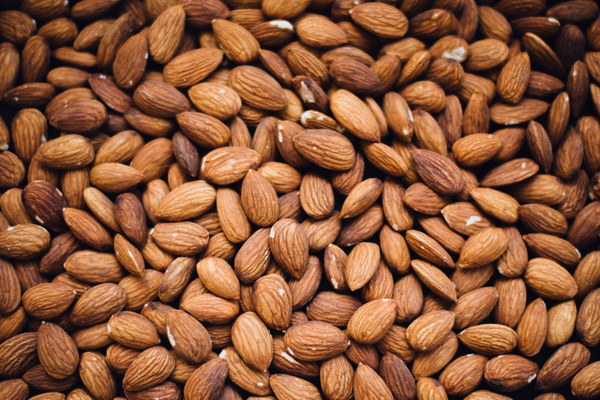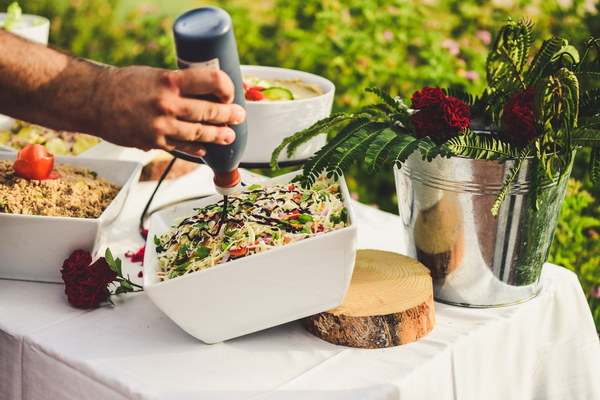Nourish Your Stomach Essential Tips for Fall and Winter Gastrointestinal Care
As the leaves change color and the air turns crisp, we enter the fall and winter seasons, a time when our bodies require special attention to maintain optimal health. One area that often gets overlooked during these colder months is the gastrointestinal (GI) tract. With the change in weather and diet, it's crucial to take steps to nourish your stomach and keep your digestive system in balance. Here are some essential tips for fall and winter gastrointestinal care.
1. Stay Hydrated
One of the most important aspects of maintaining a healthy GI tract is staying hydrated. Cold weather can lead to a decrease in thirst, but dehydration can negatively impact your digestive system. Aim to drink at least 8 glasses of water daily, and consider herbal teas, broths, and warm beverages like ginger tea, which can soothe your stomach and aid digestion.
2. Warm and Nutritious Foods
During the cooler months, it's natural to crave warm and comforting foods. Incorporate plenty of nourishing foods into your diet, such as soups, stews, and hearty grains like quinoa and oatmeal. These foods provide essential nutrients and can help keep your stomach warm and settled.
3. Limit Spicy and Fatty Foods
While they may be tempting, spicy and fatty foods can irritate your stomach and lead to discomfort. Try to reduce the intake of these foods during the fall and winter, especially if you are prone to gastrointestinal issues like acid reflux or bloating.
4. Focus on Probiotics
Probiotics are live bacteria and yeasts that are good for your health. They help maintain the balance of good bacteria in your gut, which can improve digestion and boost your immune system. Incorporate probiotic-rich foods like yogurt, kefir, sauerkraut, and kimchi into your diet to support a healthy GI tract.
5. Manage Stress
Stress can have a significant impact on your digestive health. During the fall and winter, it's essential to manage stress levels through activities like yoga, meditation, or simply taking a break to enjoy the beauty of the season. Regular exercise can also help reduce stress and promote a healthy gut.
6. Avoid Overeating
Overeating can strain your digestive system and lead to discomfort. During the holiday season, it's easy to overindulge in rich and festive foods. Try to balance your diet and avoid eating too much at one time. If you're hosting a gathering, consider offering a variety of healthy options to ensure that guests can enjoy the feast without overindulging.
7. Regular Exercise

Regular exercise can improve digestion and reduce the risk of constipation and bloating. Aim to incorporate moderate physical activity into your daily routine, such as a brisk walk, cycling, or swimming. This will help keep your digestive system moving and reduce the risk of gastrointestinal issues.
8. Seek Professional Help if Necessary
If you experience persistent gastrointestinal discomfort or symptoms like heartburn, diarrhea, or constipation, it's essential to seek professional help. A healthcare provider can help identify the underlying cause and recommend appropriate treatment or lifestyle changes.
By following these tips for fall and winter gastrointestinal care, you can ensure that your stomach remains healthy and well-nourished throughout the colder months. Remember that taking care of your GI tract is an ongoing process, so make these habits a part of your daily routine for the best results.









